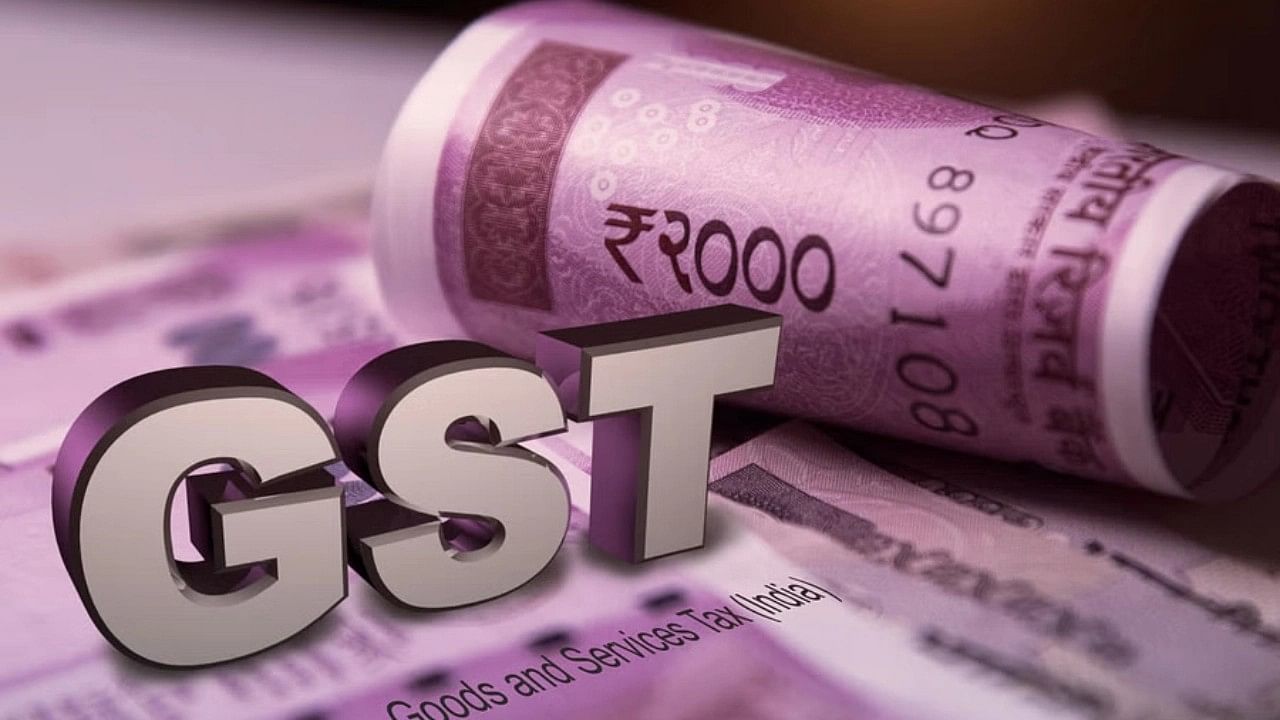
Representative image
Credit: iStock Photo
The GST Council on Saturday decided to exempt extra neutral alcohol, a key raw material for manufacturing alcoholic liquor for human consumption, from the goods and services tax and slashed the levies on molasses and millet products.
GST on millet flour containing 70 per cent millet composition in pre-packaged and labelled form will be slashed to 5 per cent from the current 18 per cent. If sold loose there will not be any tax on millet flour.
The tax rate on molasses, a by-product of sugarcane, will be cut to 5 per cent from the existing 28 per cent. Molasses is used for different purposes including making ethanol and extra neutral alcohol.
“This step will increase liquidity with mills and enable faster clearance of cane dues to sugarcane farmers,” according to an official statement released after the GST Council meeting. It will also lead to reduction in cost for manufacture of cattle feed as molasses is also an ingredient in its manufacture, it said.
While extra neutral alcohol (ENA) used for manufacturing of alcoholic products for human consumption will be exempted from GST, it will attract 18 per cent tax if used for industrial purposes.
Briefing media after the 52nd GST Council meeting, Union Finance Minister Nirmala Sitharaman said, though by law, the GST Council had the right to tax ENA as established by the judgment of the Allahabad High Court, the Council has decided to cede that right to states.
The Issues around the taxability of ENA has been under consideration since the implementation of GST in 2017. Several states had opposed and challenged the right of the GST Council in imposing taxes on ENA.
The Allahabad High Court has issued a judgement in the favour of the GST Council. As per the judgement, the GST Council has the right to impose taxes on ENA, and not the states.
“If the states want to tax it they are welcome, if they want to leave it as it is, they can. In the interest of states, the centre has ceded that right to states," Sitharaman said.
"Ceding the right to tax ENA to the states despite the Allahabad High Court decision speaks very highly of the cooperative federalism that GST has enabled," said M S Mani, Partner at Deloitte India.
Taxation of alcoholic beverages is outside the purview of GST. The taxes are imposed by states. ENA is one of the raw materials for manufacture of alcohol for human consumption. “Owing to the fact that alcohol beverages are outside the ambit of GST, input GST paid on ENA was becoming a cost,” said Shashi Mathews, Partner at IndusLaw.
Now, even though levy of VAT on ENA has been left to the states, it is not going to be a cost on the businesses, as VAT on inputs like ENA will be set off on output supplies of alcohol beverages, Mathews added.
However, Raghavan Ramabadran, executive partner at Lakshmikumaran & Sridharan law firm, termed the issue complex. “Considering the jurisprudence on this vexed issue specifically in the context of whether ENA is alcoholic liquor for human consumption, the implementation of the Council recommendation may require Constitutional amendments,” Ramabadran said.